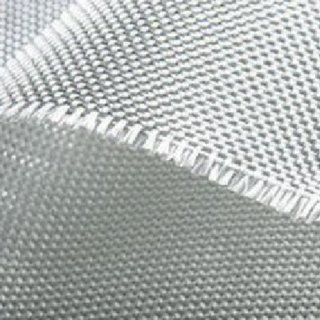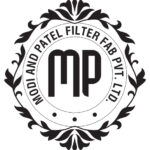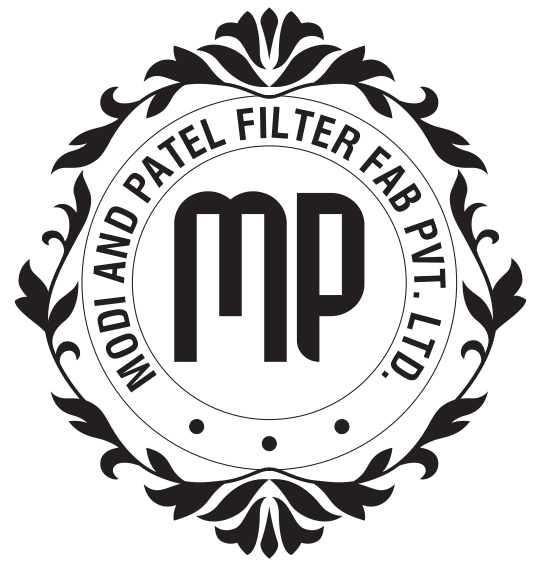FILTER CLOTH
Filter Cloths are used for making clothes used for industrial purposes. They are used for making hotel sheets, tents, tarpaulins, army uniforms and lots more. It also has special applications in medical uses; they are used for making cotton wool, gauze bandages, compresses and cotton swabs.
What is Filter Cloth used for?
Filter Cloth in the form of tube or long bags is used to filter particulates as small as 1 millimeter out of an exhaust gas. The bag material can vary significantly and include natural or synthetic materials.
What material is used for Filter Cloth?
Polypropylene (PP), polyethylene (PE), and polyester (PET) fibres are the three major synthetic fibres for making filter media of large quantities.
Filter cloth specification :
Polypropylene Filter Cloth Specifications Excellent resistance to alkalis. Excellent resistance to most acids, with the exception of chlorosulfonic acid. Very low or no moisture absorption. Excellent strength and the cloth maintains its strength even after repeated flexing. Light in weight with a specific gravity.
TYPES OF FILTER CLOTH
Nylon Filter Cloth: This is one of the most-used types of filter fabric available in the market. When you need the filtration of rough dusts or harsh wet solids at low temperatures, then nylon fabric is the best material for filtration.
Cotton Filter Cloth: This type of filter cages is used for various industrial areas. Cotton is another most popular material for building filter cages. This material is used for making hotel sheets, tarpaulins, tents, army uniforms and many other items. Apart from that, they are also widely used for making medical products like bandages, gauze and cotton wool to prevent the flow of blood.
Polypropylene Filter Cloth: With notable finish and superior service, the demand for polypropylene filter cloth can be seen in many industries. This is used in the liquid-solid filtration process. It is because of its exclusively low moisture absorption power, polypropylene filter cloth is preferred for dye production.
APPLICATION OF FILTER CLOTH
In most of the heavy-duty industries, filter cloth is used for reducing air pollution. The Filter sleeves reduce the amount of dust particles that are released in the air by the factory. These are some of the areas where the filter fabrics are widely used;
- Vehicles
- Chemicals
- Oil filters
- Board mills
- Pharmaceuticals
- Geotextiles
- Water filters
- Dust collectors
- Paper industries
- Food industries
- Shopping bags
- Ceramics
There are many other industries where the use of filter bags or filter cages is very common.
Filter Cloth Selection An Important Role Of Filtration
Filter press is increasingly applied by more and more industries such as metallurgy, mining, printing as an effective and affordable equipment of solid-liquid separation. As an essential factor of filter press, filter cloth plays an important role to ensure clear filtration, dry filter cake and short filter cycle.
Filter cloth selection mainly depends on
- Materials.
- Yarn Types.
- Weave Patterns.
Materials:
Polyester (PE) filter cloth:
The prominent property for polyester fabric is its strongest acid resistance among existing synthetic fabrics. It is widely recognized as an outstanding and popular filter cloth for its high operating temperature up to 302 °F, high tensile strength and good elongation.
Polypropylene fabric:
Polypropylene fabric is characterized by sleekness, excellent permeability and nil moisture absorption. Its excellent cake release will significantly shorten cleaning time as well as filter cycle. It also has excellent resistances against most acids and alkalis. Its constant working temperature is rated at 280 °F.
Nylon filter cloth:
Nylon filter cloth features optimum abrasive resistance and strong alkali resistance. It is often found in miner and coal industries for its best abrasion proof. The only shortage is that its chemical instability under high temperature when it will release toxic substance and pollute the solutions. So, nylon filter cloth is not accepted by food & beverage and pharmaceutical.
Vinylon filter cloth:
Thanks to its strongest alkali resistance, vinylon filter cloth is suitable for caustic condition. Its working temperature is less than 140 °F.
| Property | Polyester (PE) | Polypropylene | Vinylon |
| Acid | Excellent | Excellent | Poor |
| Alkali | Average | Excellent | Excellent |
| Electrical Conductivity | Poor | Good | Average |
| Elongation | 30%-40% | Better than PE | 12%-25% |
| Recovery | Excellent | Slightly better than PE | Poor |
| Abrasion | Excellent | Good | Excellent |
| Heat Resistance | 170 °C | 90 °C | 100 °C |
| Softening point | 230 -240 °C | 140 -150 °C | 200 °C |
| Melting point | 255 -265 °C | 165 -170 °C | 220 °C |





